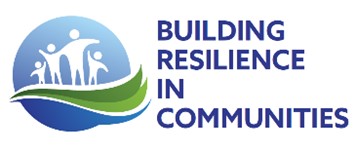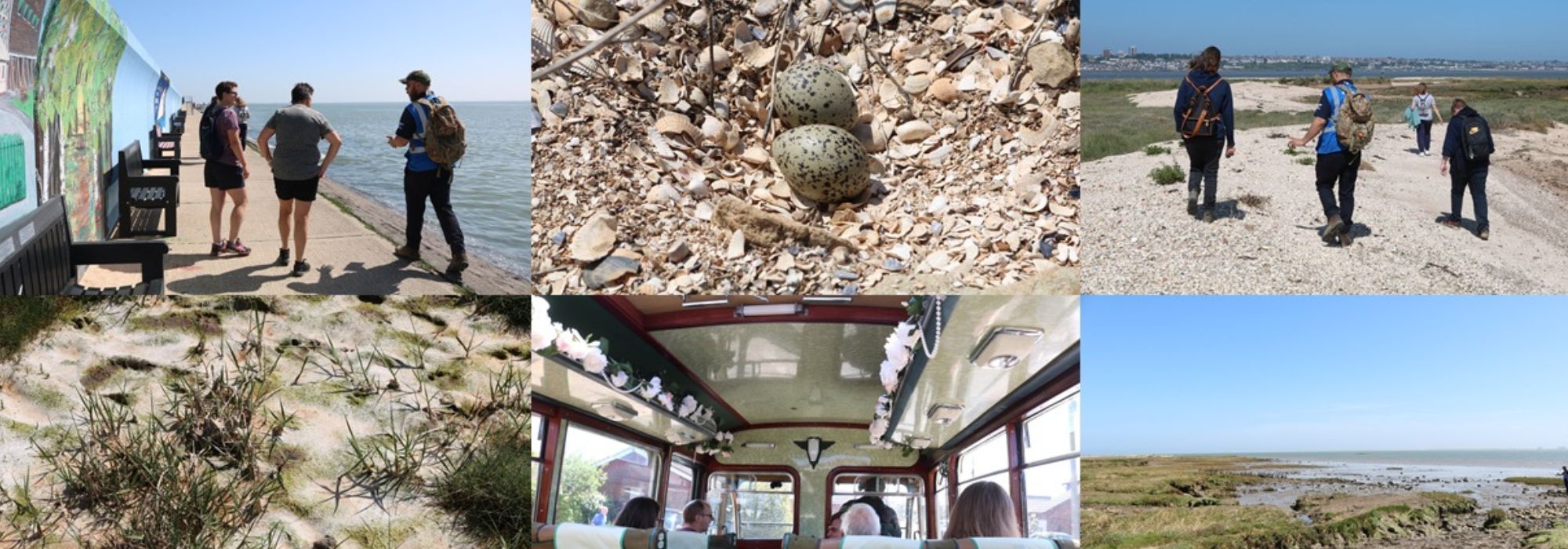Two-year project helping flood-threatened communities finishes with hope in face of climate crisis
 A two-year project working with eight communities across England and France has successfully helped people in flood-risk homes work together to help protect themselves from the looming threat of the climate crisis.
A two-year project working with eight communities across England and France has successfully helped people in flood-risk homes work together to help protect themselves from the looming threat of the climate crisis.
The Building Resilience in Communities (BRIC) project has been helping people in the eight ‘pilot’ communities come together to be more resilient to the threat of flooding.
It has particularly focused on local areas of deprivation and supporting vulnerable groups such as the elderly and those furthest from the labour market.
This has included:
- As a social innovation project, trying new tools and activities to engage with local people including installing new flood awareness technologies.
- Using the Appreciative Inquiry (AI) method to a model for initial engagement, diagnostic and behaviour change. AI is based on the idea that change is facilitated when it is guided by a positive vision (assets, successes of an organisation). This stimulating approach would encourage the involvement of people in the long term.
- Helping communities to form flood action groups, hosting and promoting awareness events, and communicating flood risk and management with the growing concern around the climate crisis.
The work culminated in March 2023 with the Social Innovation for Climate Resilience Conference, featuring expert speakers from the BRIC pilot sites in the UK and France and thought-provoking panel discussions on how to build resilience to flooding.
At the conference, an innovative new digital platform was launched – the BRIC web platform – containing resources, guidance, good practices, surveys, and training materials to help residents create their own community flood resilience web page without having to worry about coding.
Anyone can sign up to the free platform, with optional upgrades for communities who require more storage and functionality.
Aileen Robert, BRIC Project Manager working in French communities with environmental solutions company oGoXe, said: “The BRIC Web Platform is an amazing tool. It supports the work of community engagement officers to create a centralized space where the government, stakeholders and public can come and exchange information with a variety of apps integrated to help build resilience for the future.”
Chris Coode, BRIC Project manager working in Canvey Island with Thames21, said: “The BRIC platform is a really useful tool… a place where information is easily accessible and interactive, it allows you to add and take away and gather information… and be shared. So you can create little ambassadors within your project site and one of the things they can do really easily… So there’s potential for that ability to engage to ripple out more widely because there’s this resource that underpins it… All of these sorts of conversations empower communities and share information.”
The conference also provided a platform to launch the BRIC social innovation resilience model, including the public launch of the BRIC Web Platform, innovative engagement methods and activities, and awareness-raising technology.
Liza Oxford, BRIC Programme Manager at Plymouth City Council, said: “One of the key factors in the success of the BRIC Project has been consistent and regular on-the-ground engagement within our pilot site communities.
“We have learned a lot about the different types of flooding that affects communities, and have a better understanding of the level of trauma that individuals experience, particularly if their property has been flooded.
“We learned a huge amount through our public consultations which has given us a better understanding of the measures that can be taken to alleviate flood damage on both a large scale and small scale.”
The eight sites involved in the project were:
- Plymouth, England
- Canvey Island, England
- Kent, England
- Weymouth, England
- Aulne Valley, France
- Authie Valley, France
- Risle Valley, France
- Oise Valley, France
Eight partner organisations were also involved in making the project a success:
- Plymouth City Council – Unitary authority incorporating strategic planning, parks and highways maintenance and Lead Local Flood Authority.
- Ogoxe – A tech company providing flood warning and environmental monitoring services.
- National Flood Forum – Representing communities at risk of flooding, and supporting self help through formation of flood action groups.
- Cerema – A national agency providing advice and support regarding a wide range of environmental issues, including flood risk management and urban design.
- Thames21 – A Rivers Trust, covering the lower Thames, in London and its tidal reaches. Working to improve rivers, connect communities , and provide training.
- CPIE Val d’Authie – An environmental and community education NGO.
- Dorset Coast Forum – Forum to foster collaboration between coastal stakeholders.
- Oise-les-Vallées – An urban planning agency, providing services on-demand to Communes in Vallee de L’Oise.
BRIC (Building Resilience in Communities) is funded by Interreg VA France (Channel) England, part of the European Regional Development Fund.
- Find out more about the success of the project here: https://bricflood.com/
- Sign up to the BRIC Web Platform here: https://platform.bric-network.com/



